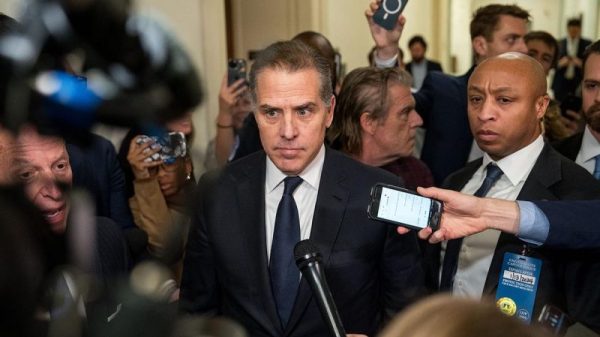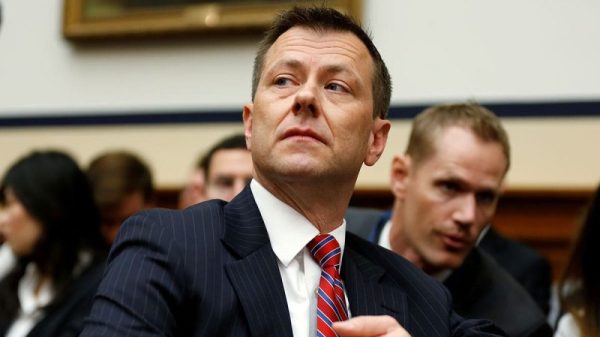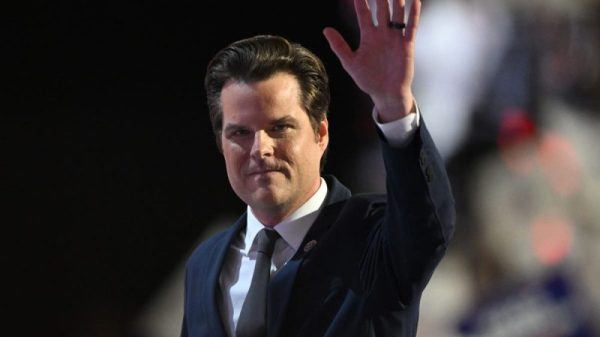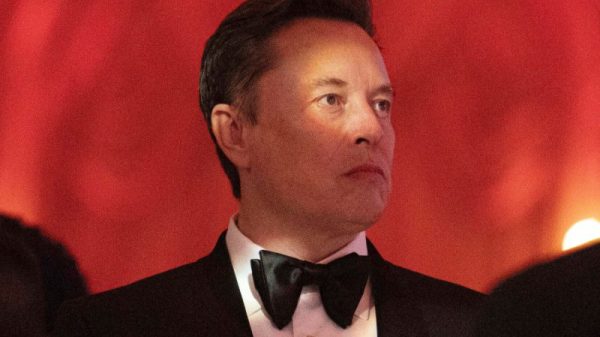German automotive giant Volkswagen is bracing for a showdown with trade unions shortly after it said it cannot rule out shutting factories in its home country for the first time in its nearly 90-year history.
Volkswagen’s management is expected to lay out its plans before about 18,000 workers at a town hall meeting in Wolfsburg on Wednesday morning, amid speculation that the carmaker could push to close sites in Osnabrueck in Lower Saxony and Dresden in Saxony.
A spokesperson for Volkswagen was not immediately available to comment when contacted by CNBC on Tuesday.
In a move that underlines the challenges facing Europe’s top legacy carmakers, Volkswagen warned on Monday that it would no longer be able to rule out plant closures in Germany.
The Wolfsburg-headquartered company also said it felt compelled to bring an end to its employment protection agreement — a job security program that has been in place since 1994 — in order to secure “urgently needed structural adjustments for greater competitiveness in the short term.”
Volkswagen Group CEO Oliver Blume said in a written statement on Monday that the carmaker would need to “act decisively” in order to future-proof the company.
“The European automotive industry is in a very demanding and serious situation,” Blume said.
“The economic environment became even tougher, and new competitors are entering the European market. In addition, Germany in particular as a manufacturing location is falling further behind in terms of competitiveness,” he added.
Volkswagen said that all necessary measures would be discussed with the General Works Council — a group of elected staff members that represent the interests of a company’s workforce — and with top German industrial union IG Metall. Both groups, which hold significant influence at the company, have been sharply critical of the proposals.
Daniela Cavallo of Volkswagen’s General Works Council said that the faction would “fight bitterly” against the potential plant closure measures, while a spokesperson for IG Metall described the plan as one that “shakes the foundations of Volkswagen and poses a massive threat to jobs and locations.”
Shares of Volkswagen dipped 0.8% at around 2:15 p.m. London time on Tuesday, paring gains from the previous session. Volkswagen’s stock price has fallen by more than 33% over the past five years.
The downturn comes amid a difficult economic environment for the carmaker and an influx of new rivals in Europe, as Volkswagen attempts to survive the transition to electric cars.
“The situation is extremely tense and cannot be resolved through simple cost-cutting measures,” VW brand CEO Thomas Schäfer said on Monday.
“This is why we want to initiate discussions with employee representatives as soon as possible to explore the possibilities for sustainably restructuring the brand,” he added.
Volkswagen’s plans to consider unprecedented plant closures in Germany comes at a politically fraught time for Europe’s largest economy. Led by Chancellor Olaf Scholz, the ruling three-way coalition in Berlin was dealt a heavy blow in regional votes over the weekend.
“The German automotive industry stands for globally successful products and innovations. It is a central pillar for growth and prosperity in Germany,” a German government spokesperson told CNBC by email, without commenting specifically on Volkswagen’s planned measures.
“At the same time, it is currently in a challenging phase of transformation towards electromobility. This also requires the adaptation of traditional structures and measures for greater competitiveness,” the spokesperson added, according to a Google translation.
“A close social partnership is a hallmark of the German automotive industry. The Federal Government therefore appeals to the social partners involved to continue to fulfil this responsibility in the future.”
Thomas Besson, head of automotive research at Kepler Cheuvreux, said the problems at Volkswagen reflect an “industry-wide story.”
“We are seeing a major fragmentation story of the global automotive landscape,” Besson told CNBC’s “Street Signs Europe” on Tuesday.
“The situation … is also specific to Volkswagen, in the sense that they have put in place a number of guarantees for workers,” he added.
— CNBC’s Annette Weisbach contributed to this report.


































